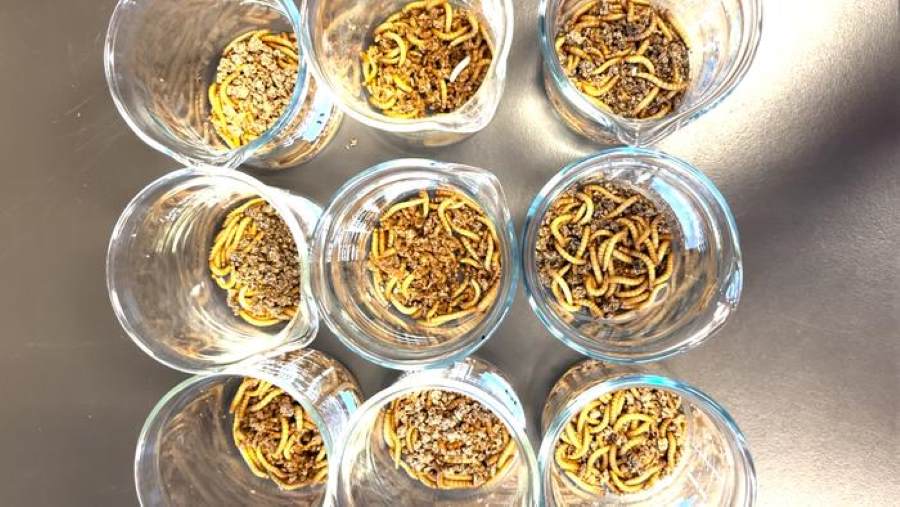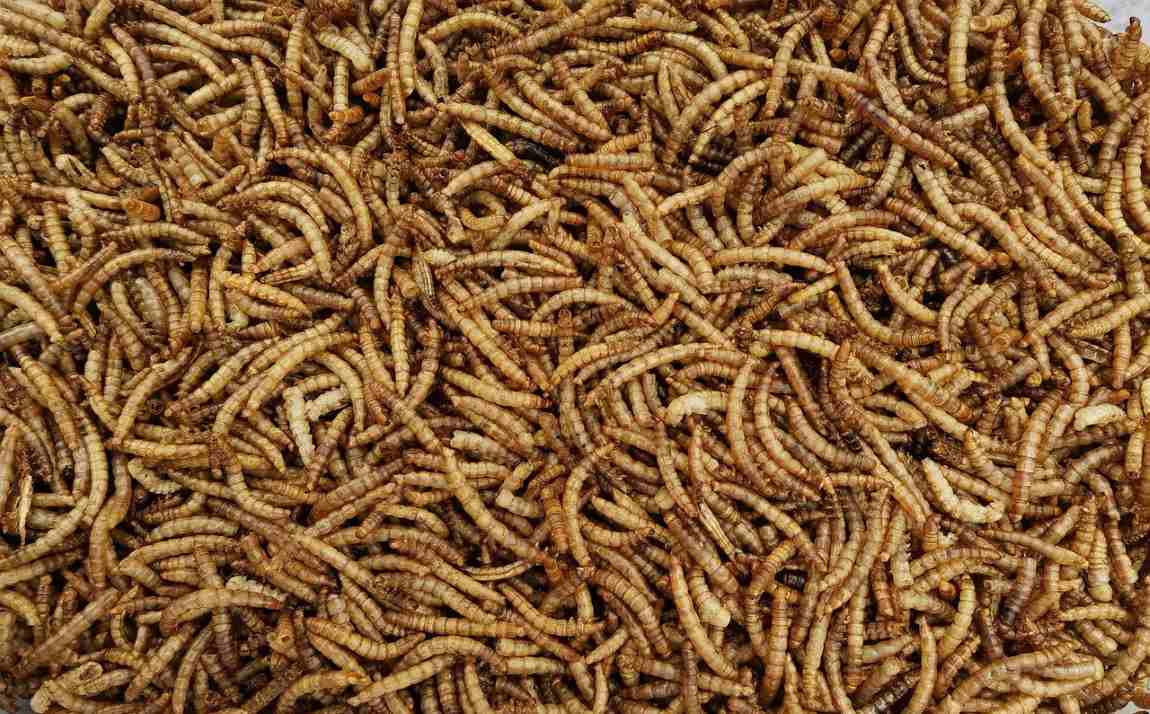Researchers at the University of British Columbia (UBC) are investigating whether insects can offer a viable solution to the persistent problem of microplastic pollution.
A study published in Biology Letters by UBC zoologist Dr. Michelle Tseng and alumna Shim Gicole demonstrates that mealworms – already known for their ability to digest various organic materials – can consume and partially process microplastics in a more realistic setting than previously tested.
The study focused on mealworms fed a mixture of ground-up face masks, a common source of plastic waste, combined with bran to simulate a realistic diet. While previous experiments showed that insects could consume microplastics under extreme, food-scarce conditions, this research sought to assess their ability in an ecologically relevant scenario.

Over 30 days, the mealworms consumed about half the microplastics provided, approximately 150 particles per insect. They excreted a small fraction of the plastic they ingested – about four to six particles per milligram of waste – while absorbing the rest. Remarkably, the insects not only survived but also gained weight during the study, suggesting no adverse effects from consuming microplastics.
Dr. Tseng highlights the significance of these findings: “Perhaps we can start viewing bugs as friends. We’re killing millions of insects every day from general pesticides – the very same insects we could be learning from to break down these plastics and other chemicals.”
Mealworms, which are hardy scavengers capable of surviving up to eight months without food or water, may offer a model for developing larger-scale solutions. Their digestive mechanisms could hold the key to breaking down microplastics efficiently.
The potential of plastic-eating insects underscores the need for innovative approaches to address the widespread issue of plastic pollution, which affects ecosystems worldwide and persists for decades. As researchers continue to explore the mealworms’ abilities, they aim to uncover mechanisms that could be scaled up to mitigate the growing environmental burden of plastic waste.
While mealworms alone are unlikely to resolve the problem, this research offers a promising avenue for developing new tools to combat microplastic pollution.
Journal Reference:
Shim Gicole, Alexandra Dimitriou, Natasha Klasios and Michelle Tseng, ‘Partial consumption of medical face masks by a common beetle species’, Biology Letters 20, 12 (2024) . DOI: 10.1098/rsbl.2024.0380
Article Source:
Press Release/Material by University of British Columbia
Featured image credit: krukke7 | Pixabay




